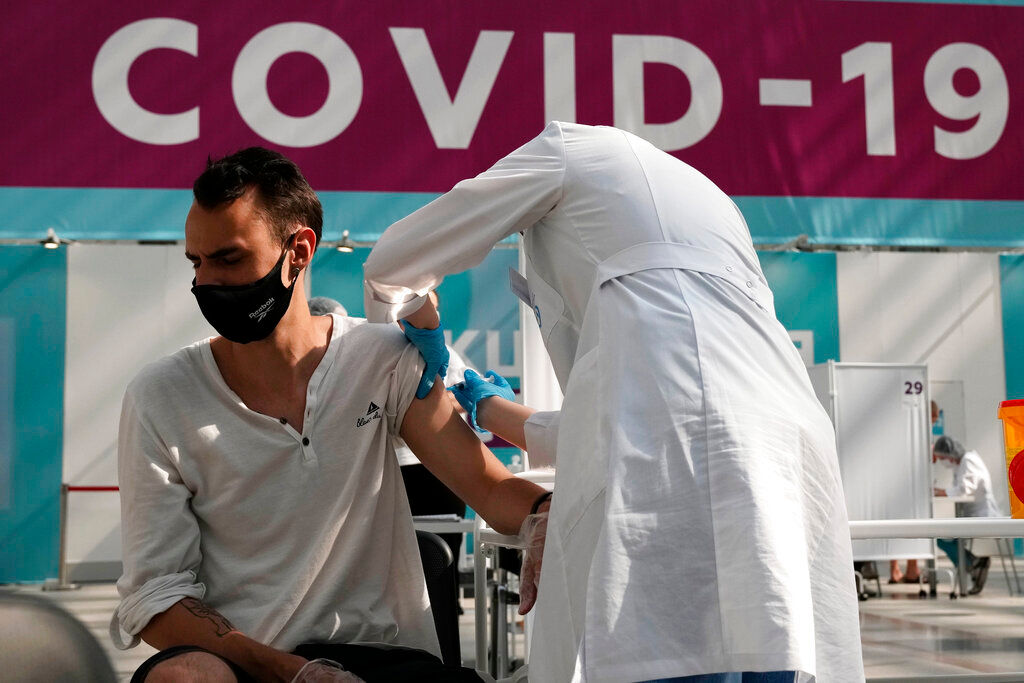The World Health Organization has not approved Sputnik V, Russia’s homegrown COVID-19 vaccine as the country had not provided enough data, according to statements from the Kremlin.
“We have different standards”, Kremlin spokesperson Dimitry Peskov said in a statement.
Peskov said in a statement, “We still have not provided certain information that needs to be provided for certification because we had a different understanding of what information it had to be and how it should be provided”, according to reports from AFP.
Also Read: Vladimir Putin tests experimental nasal COVID-19 vaccine
Officials from the World Health Organization said earlier this year that the process to certify the Russian COVID vaccine had been restarted. The process was reportedly prolonged due as the body required “the full dossier on Sputnik”.
Meanwhile, health regulators in the United States and European Union have not given emergency authoritisation to the Sputnik V COVID vaccine so far.
So far, vaccines produced by Moderna, Pfizer, AstraZeneca, Sinopharm, Bharat Biotech, Johnson & Johnson and Sinovac have been granted the approval, according to reports from AFP.
Meanwhile, Russian authorities on Monday backed away from introducing some of the restrictions for the unvaccinated that were announced a month ago and elicited public outrage all across the vast country where vaccine uptake remains low.
The speaker of the State Duma, Russia’s lower parliament house, on announced the withdrawal of a bill restricting access to domestic and international flights and trains to those who have been fully vaccinated, have recently recovered from COVID-19 or are medically exempt from vaccination.
Also Read: Vaccine could be adapted to counter Omicron: Sputnik V maker
Russia also faces a mix of vaccine hesitancy and the government’s confusing messages about the seriousness of the outbreak, according to reports from Associated Press citing experts.
So far, less than half of Russia’s 146 million population has been fully vaccinated against the deadly disease even though the country was among the first in the world to approve and roll out a coronavirus vaccine a year ago.







